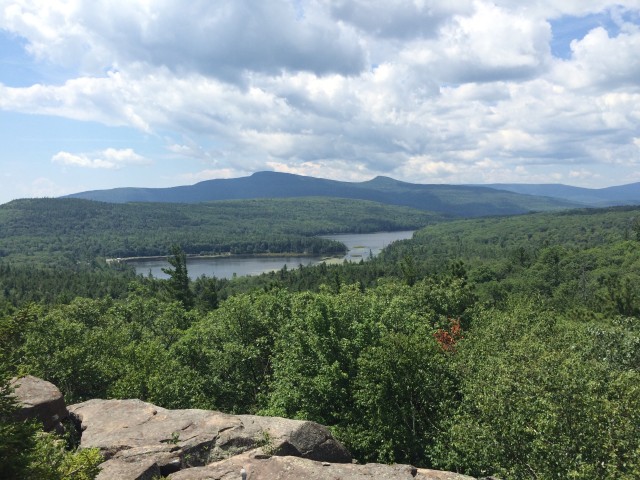Dealing with the Social Isolation of the Covid-19 Pandemic
"Sana has been in social isolation for 3 days and she's losing her mind. She wants to go outside, but she can't. Plus, the news keeps reporting scary things. Sana is scared and anxious".

Many of the most recent epidemics that have taken the lives of millions, including Ebola, HIV/AIDS, and avian influenza, were also triggered by viruses from wild animals. Now, some scientists are proposing that a careful surveillance of wide life globally could give us hints to – and also help to prevent – the next pandemic.
Currently, there is no global system to screen for animal viruses that may jump to humans. A diverse group of infectious disease experts, wildlife biologists, and ecologists are suggesting a decentralized, global system of monitoring wild animals that can infect humans.
This, they argue, has become necessary has human and industrial activity are rapidly shrinking wild life and increasingly hunting wild animals for food and industrial purposes. These wild animals are also shipped across the world to make medicines and other purposes. This team of researchers believes that having a global system of screening these wild animals and their products at hotspots such as wildlife markets may be an efficient way of curbing subsequent epidemics.
Read more here – https://medicine.wustl.edu/news/global-wildlife-surveillance-system-could-provide-early-warning-for-next-pandemic/
"Sana has been in social isolation for 3 days and she's losing her mind. She wants to go outside, but she can't. Plus, the news keeps reporting scary things. Sana is scared and anxious".
The world has been dealing with COVID-19 for nearly two years now; the media is filledCOVID-19 headlines and all the brouhaha it come with. But one thing we all already know is that the disease is killing many, and infecting even more So the question we all have been asking is: how do we reduce our risk of catching this infection?
